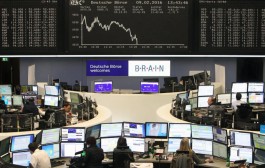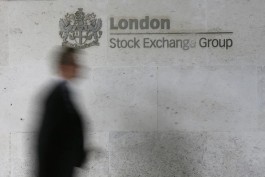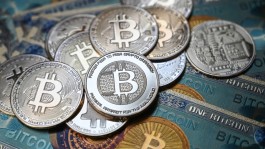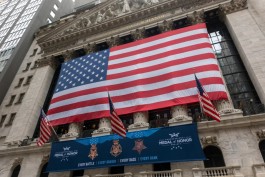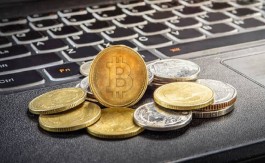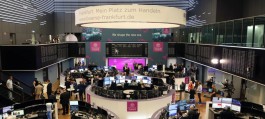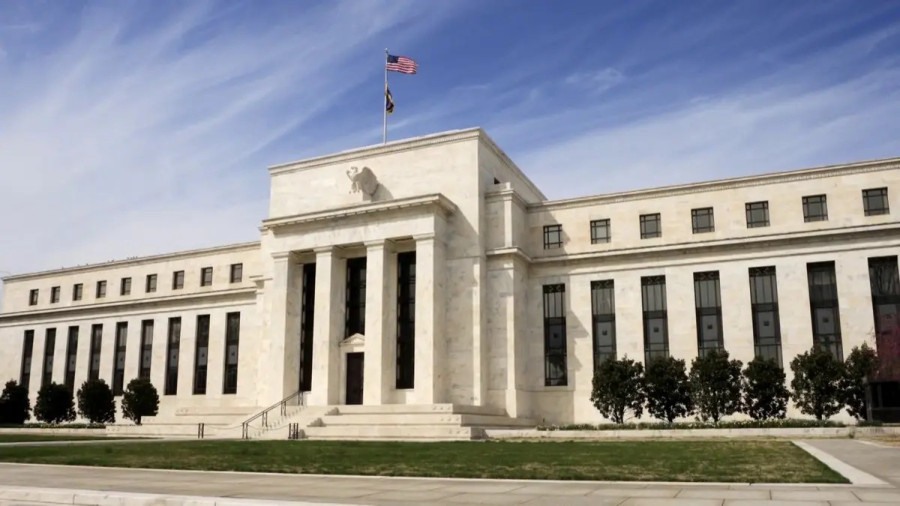Atlanta Federal Reserve Bank President Rafael Bostick on Tuesday urged the US Federal Reserve to be careful not to overdo monetary policy with signs of slowing inflation.
Meanwhile, Chicago Fed President Austan Goolsby also said Tuesday that while the latest data gives him hope that inflation can ease without a hard recession in the economy, he would like to see more development in that direction before it stops. The central bank to raise interest rates.
Significant progress in fighting inflation
And a member of the US Federal Reserve, Rafael Bostick, said in a press conference: There has been great progress in combating inflation. Pointing out that inflation is far from the highest levels we witnessed in the past year. The latest numbers suggest that we may see a continued decline in prices over time.
Bostick, who does not have a vote this year on the Federal Open Market Committee that sets interest rates at the central bank, added that he does not currently expect a rate hike to be needed at the next policy meeting in September.
The Atlanta Fed chairman said he would likely have reluctantly supported a rate hike last week if he were a voter, though he has publicly questioned the need for a rate hike beforehand.
The Fed at its July 25-26 meeting raised its benchmark interest rate by a quarter of a percentage point, to a range of 5.25% to 5.5%, the highest level in 22 years.
Bostick said that although his fundamental view has not changed, the Fed will have plenty of additional data by September and will be willing to adjust its view for this meeting if the data comes out differently from his expectations.
A report on Friday showed that the Fed's preferred measure of inflation, the personal consumption expenditures price index, rose 3% year-on-year in June, marking the smallest increase in more than two years. Core prices - which exclude food and energy and are considered a more reliable indicator of core inflation - rose 4.1%, also the lowest since 2021.
The labor market has also shown signs of moderating. A report by the Bureau of Labor Statistics on Tuesday showed that employment opportunities in the United States fell in June to the lowest level since April 2021. The rate, which measures the number of workers who left their jobs voluntarily as a share of total employment, fell to 2.4%, the lowest level since February 2021. .
No rate cut soon
We've seen progress for a while before on declining inflation, like last summer, and that has proven to be false improvements, Chicago Fed President Austan Goolsby said in an interview, adding that it was too early to say what the Fed should do. Fed at its next monetary policy meeting in September.
Officials have slowed the pace of interest rate increases, after aggressive measures to tame annual inflation, which hit a 40-year high last year, but increased by a quarter point at their meeting in July. Policy makers are still looking for signs that price growth is on a steady downward path before halting interest rate hikes.
The Chicago Fed president added: I don't like pre-committing to what we're going to do in September.
Goolsby has the right to vote on monetary policy this year, as he endorsed the Fed's decision to raise interest rates to a range of 5.25% to 5.5% at the July 25-26 meeting, after a pause in June. The central bank has raised interest rates by 5.25 percentage points since March 2022, including four huge increases of 75 basis points last year.
Key to his view, Goolsby said, is how commodity inflation will evolve. This category includes everything from used cars—which have been an important driver of inflation—to clothing and furniture. Before the pandemic, it was a drag on overall prices, but the buying frenzy during lockdowns - and subsequent supply chain issues - has caused those costs to skyrocket.
He's also looking at housing inflation, which has slowed slightly in the past few months and is expected to slow further later this year and into 2024.
Goolsby continued: The US Federal Reserve needs to see steady and sustainable inflation regarding low inflation. Pointing out that he is very optimistic about achieving inflation goals.
He also said: Any reduction in the interest rate by the US Federal Reserve is considered difficult to achieve in the future.
Goolsby cautioned against drawing too many comparisons to past periods of high inflation — which some economists do to cause the Fed to be unable to cut inflation without significant job losses — arguing that today's circumstances are very different.
















